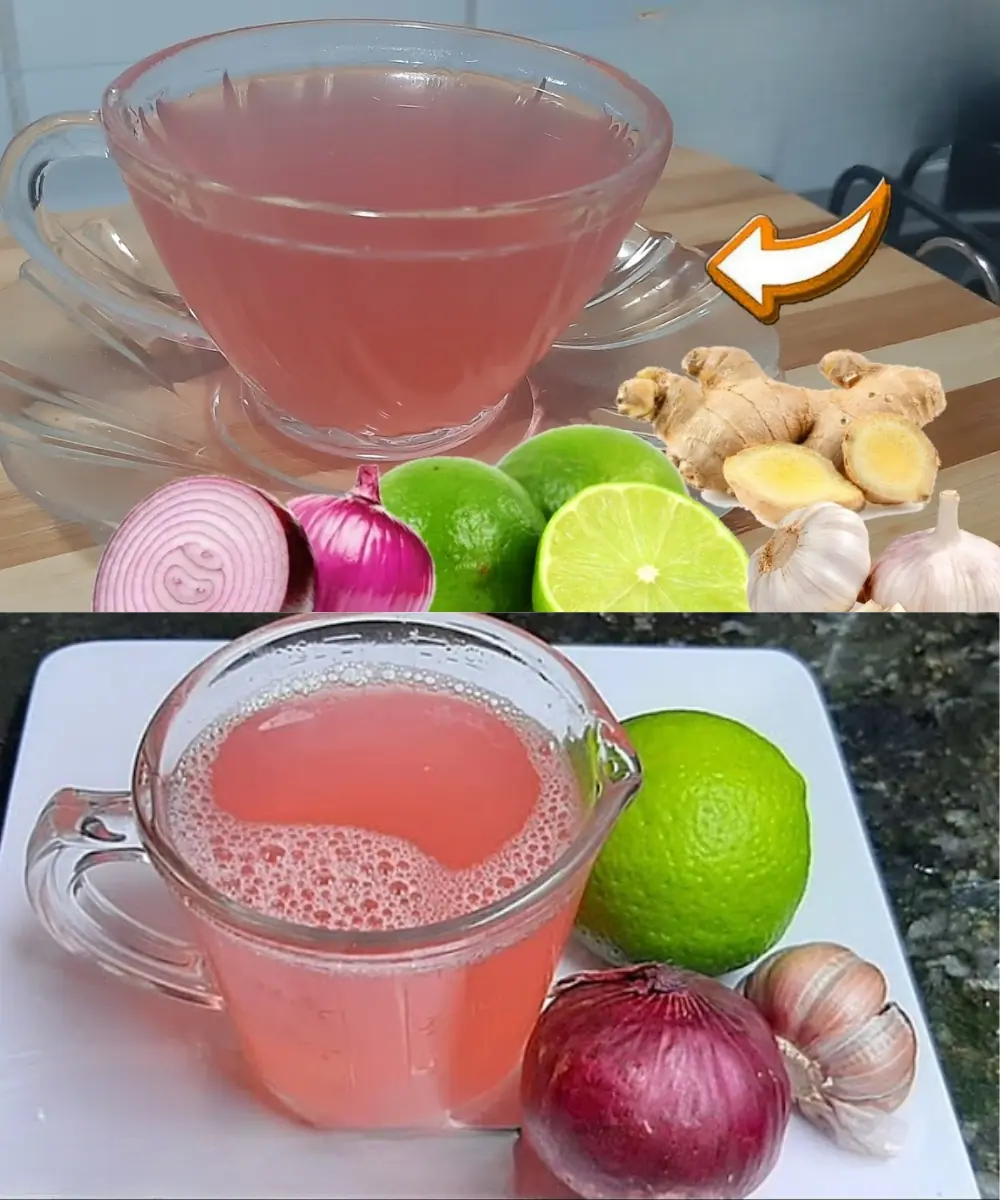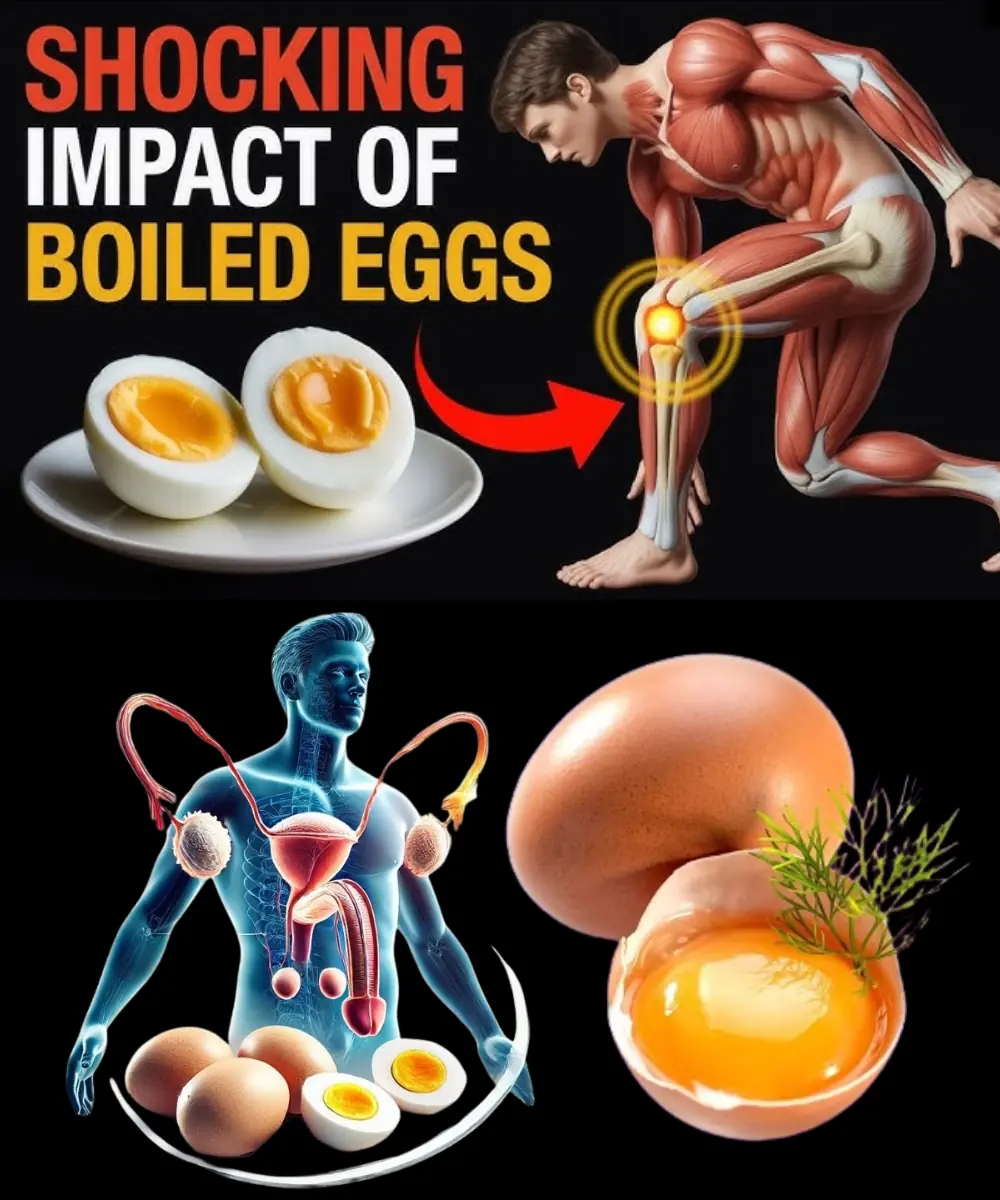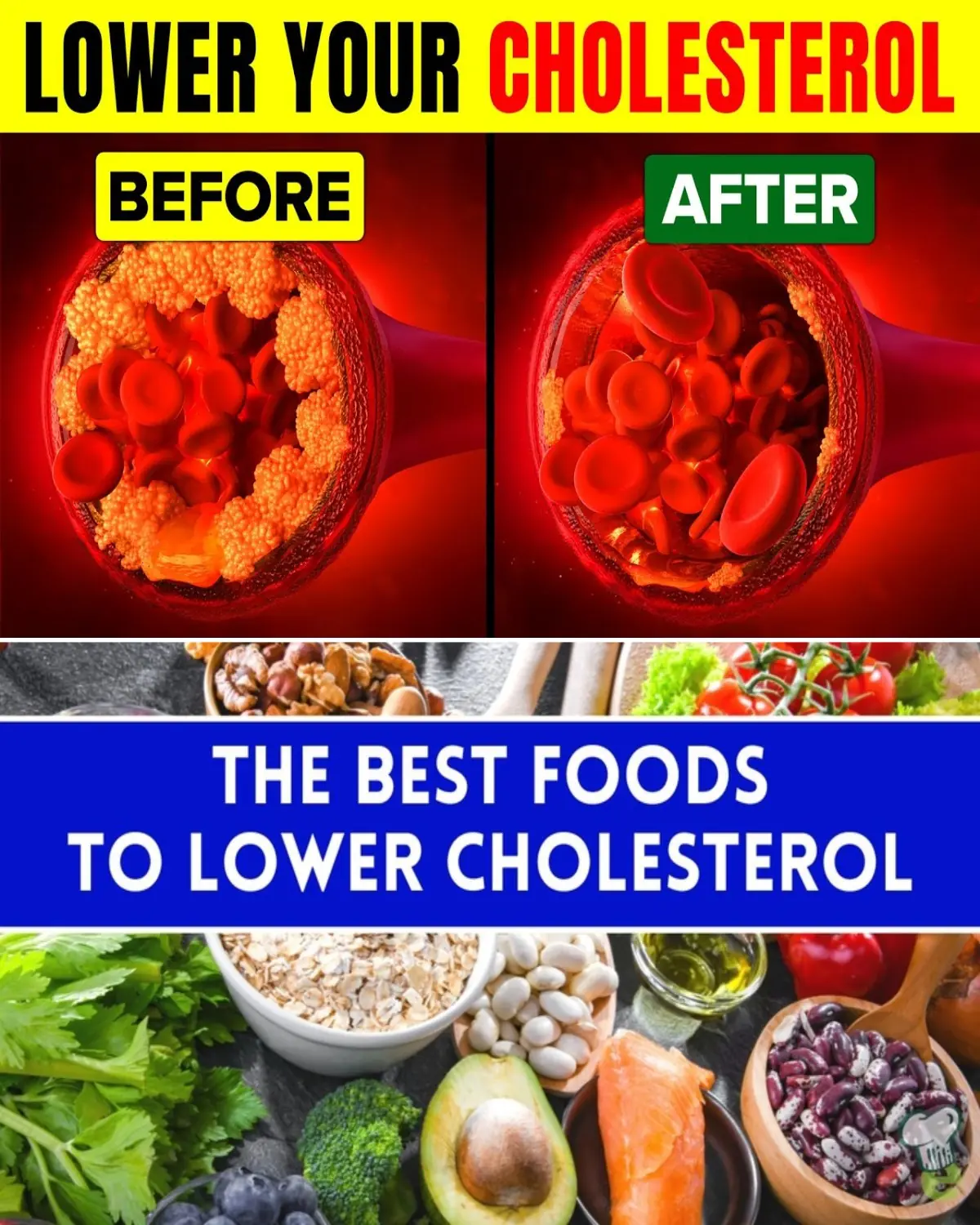
A survey of 260,000 people by Japanese researchers suggests that sweet potatoes are the best food to fight cancer. Is that really true?

In the cold winter months, one of the most enticing treats is roasted sweet potatoes sold on the street—the warmth from the vendor’s hands and breath seems to radiate through your body, filling you with joy. This snack is much healthier than other options like grilled cold noodles, skewered items, or grilled sausages.
However, sweet potatoes aren’t limited to being a street snack. They are at the top of the food chain and are considered by many as a food that can truly prevent and fight cancer. What’s really going on here?
The reason is that in the survey of 260,000 people by Japanese researchers, after comparing various vegetables and their responses against cancer cells, the most effective one turned out to be the sweet potato. It topped the list in terms of its cancer-fighting ability, reportedly capable of eliminating 98.7% of cancer cells. Is that really true?
I’m sure you’ve seen plenty of cancer-fighting food rankings in your daily life and even consider the foods on those lists as daily meal options. But some people wonder—for example, if sweet potatoes can really fight cancer, why do so many people still develop cancer or other illnesses? That’s a question worth discussing!
According to the analysis of sweet potatoes conducted by researchers at Japan’s National Cancer Prevention Institute, experiments revealed that sweet potatoes contain a component called deoxyepiandrosterone, most of which exists in the human body in the form of a sulfuric acid conjugate. Its physiological functions are quite potent.
However, deoxyepiandrosterone levels increase with age, and particularly when people reach their 80s, its level can drop to a minimum. This decrease leads to central nervous system disorders, weakened immunity, slowed lipid metabolism, and other issues.
Regarding its biological effects, relevant epidemiological findings indicate that deoxyepiandrosterone can modulate the body’s immune response, improve blood lipid health, protect the cardiovascular system, alleviate negative emotions, and prevent osteoporosis.
Yet, the benefits mentioned above are limited to the intake of this specific substance derived from sweet potatoes—they do not mean that simply eating sweet potatoes can directly prevent cancer. No one has discovered that consuming any food can truly act as a cure-all against cancer in real life, so there’s no need to resort to superstition.
At the end of the day, a sweet potato is just a sweet potato—nothing magical will happen:
In terms of nutritional value, every 100 grams of sweet potato is rich in vitamin A, vitamin B1, vitamin B2, vitamin E, carotene, fiber, iron, potassium, as well as phosphorus, magnesium, selenium, calcium, and other components.
These nutrients can also be found in other foods. If sweet potatoes stand out, it is perhaps because of their high overall vitamin A content and carotene. Consumed in moderation during winter, they can help improve vision, reduce eye strain, and prevent myopia—making them a staple in your diet.
News in the same category


Don’t Drink Coconut Water Before You Know These 11 Secrets!

Pumpkin Seed Milk — The Natural Parasite Cleanser

Fast Rice Water Trick for a Brighter Smile

Morning Drink to Revive Your Kidneys Fast

The Onion Recipe That Could Transform Your Blood Sugar, Support Cleaner Arteries, and Protect Your Heart!

Top 4 Fruits That Help Your Kidneys Flush Out Toxins While You Sleep

Ginger, Clove, and Honey: The Natural Trio Your Body Will Thank You For

Heal 15 Years of Joint Pain Naturally with Turmeric and Honey Tea

This Juice Revived My Grandma’s Energy — Say Goodbye to Fatigue and Body Pain with This Natural Recipe

I’m 66 but Look 36 — My Secret? Aloe Vera & Ginger for Firm, Smooth Skin

How to Make Okra Water to Treat 17 Health Problems Naturally

Banana and Egg Mask to Look Younger Even in Your 80s

Scent Leaf Secrets Unveiled: 10 Surprising Health Benefits of This Miracle Herb

From White Hair to Black Hair Naturally in Just 5 Minutes — Fast Hair Growth Remedy

Boost Your Immune System Year-Round with Garlic, Onion, and Lemon

When You Start Eating 2 Eggs Every Day, Here’s What Happens to Your Body (Is It BAD??)

13 Warning Signs Your Kidneys Are Failing – Don’t Ignore These Symptoms

Save Your Heart: 8 Foods to Naturally Lower Cholesterol

Silent Signs of Artery Blockages Seniors Can’t Ignore
News Post

WHAT HAPPENS WHEN WE TONGUE KISS…See more

Nature’s Secret: 4 Healing Leaves That Support Metabolism, Immunity & Circulation Naturally

Don’t Drink Coconut Water Before You Know These 11 Secrets!

Pumpkin Seed Milk — The Natural Parasite Cleanser

Fast Rice Water Trick for a Brighter Smile

Morning Drink to Revive Your Kidneys Fast

The Onion Recipe That Could Transform Your Blood Sugar, Support Cleaner Arteries, and Protect Your Heart!

Top 4 Fruits That Help Your Kidneys Flush Out Toxins While You Sleep

Ginger, Clove, and Honey: The Natural Trio Your Body Will Thank You For

Heal 15 Years of Joint Pain Naturally with Turmeric and Honey Tea

This Juice Revived My Grandma’s Energy — Say Goodbye to Fatigue and Body Pain with This Natural Recipe

The Benefits of Eating 2 Boiled Eggs Every Morning: Transform Your Health!

If Your Kidneys Are in Danger, Your Body Will Send You These 8 Signals — Don’t Ignore Them

The Surprising Effects of Avocado on Your Heart and Brain

Ways to Get Over a Man Who Didn’t Value You

I’m 66 but Look 36 — My Secret? Aloe Vera & Ginger for Firm, Smooth Skin

How to Make Okra Water to Treat 17 Health Problems Naturally

Banana and Egg Mask to Look Younger Even in Your 80s

Scent Leaf Secrets Unveiled: 10 Surprising Health Benefits of This Miracle Herb
